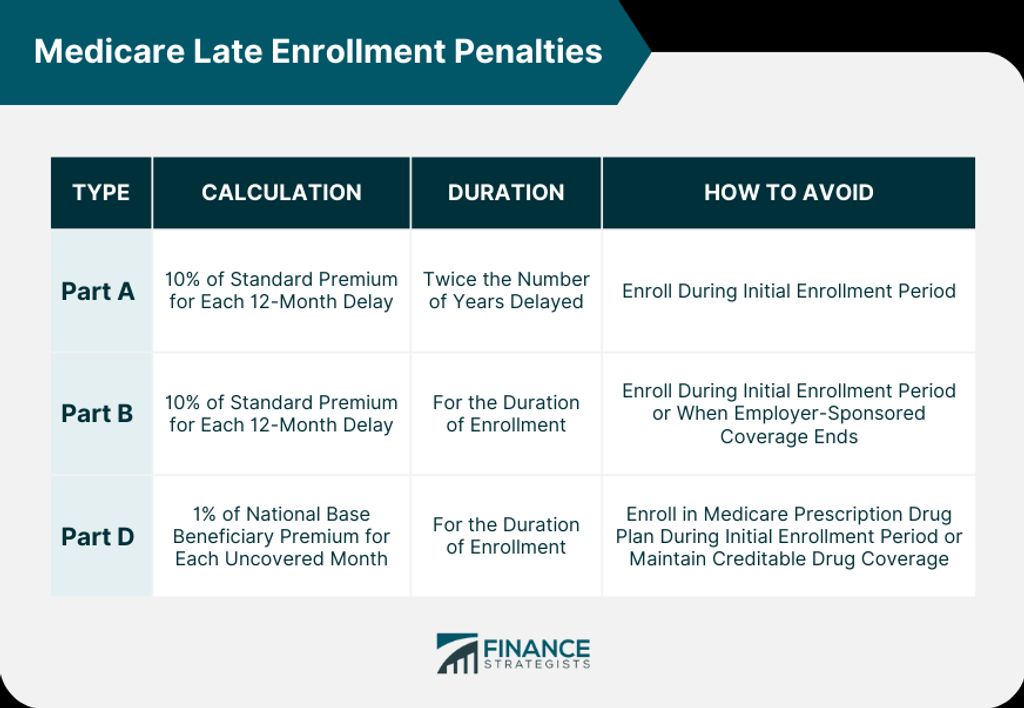Late payments in healthcare staffing have become a significant issue, causing various challenges for healthcare staffing agencies and impacting the professionals working within the industry. In this article, we will explore the causes of late payments, their effects on healthcare staffing, and the challenges faced by healthcare professionals. Additionally, we will discuss potential solutions and regulatory measures to address this issue.
Key Takeaways
- Implementing automated billing and invoicing systems can streamline payment processes and reduce the risk of late payments.
- Collaborative efforts between healthcare staffing agencies and healthcare facilities can lead to improved cash flow management and timely payments to professionals.
- Addressing the root causes of late payments, such as administrative inefficiencies and billing discrepancies, is crucial for resolving this issue.
- Late payments not only impact the financial well-being of healthcare professionals but also contribute to job dissatisfaction and potential decline in the quality of patient care.
- Regulatory measures and industry standards play a vital role in ensuring timely and fair compensation for healthcare professionals, thereby improving the overall healthcare staffing landscape.
Late Payments in Healthcare Staffing
Causes of Late Payments
Late payments in healthcare staffing can stem from various factors, including billing errors, delays in insurance processing, and contractual disputes. These issues often lead to financial strain for healthcare staffing agencies, impacting their ability to maintain a healthy cash flow. Additionally, the lack of regulatory measures to enforce timely payments exacerbates the problem. For a closer look at the causes of late payments, refer to the table below:
| Causes of Late Payments | Description |
|---|---|
| Billing Errors | Inaccurate invoicing and coding |
| Insurance Delays | Lengthy processing and approval times |
| Contractual Disputes | Disagreements over payment terms |
Addressing these root causes is essential to improving the overall payment process and fostering collaborative solutions.
Impact on Healthcare Staffing
Late payments have serious consequences for healthcare staffing agencies. It leads to financial strain, job dissatisfaction, and a decline in the quality of patient care. This impacts the agency’s ability to recruit and retain top talent, ultimately affecting their overall performance. See the table below for a summary of the impact.
Regulatory Measures
Regulatory measures to address late payments in healthcare staffing are essential for ensuring fair practices and timely compensation. Enforcement of payment timelines is crucial to hold agencies accountable. Additionally, establishing clear guidelines and penalties for non-compliance can deter violations. It’s important to foster transparency and accountability in payment processes. A collaborative effort between stakeholders and regulatory bodies is necessary to address these challenges effectively.
| Key Points | Details |
|---|---|
| Enforce payment timelines | Hold agencies accountable |
| Establish clear guidelines | Penalties for non-compliance |
| Foster transparency | Collaborative effort |
Addressing the root causes and improving payment processes are vital for sustainable solutions.
Challenges Faced by Healthcare Staffing Agencies
Billing and Invoicing Issues
Billing and invoicing issues in healthcare staffing agencies can lead to financial strain and job dissatisfaction among healthcare professionals. These issues may result in delayed payments, impacting the cash flow of staffing agencies. It’s crucial for agencies to address these challenges through effective contract management and streamlined payment processes. Additionally, implementing a robust billing system and leveraging technology for electronic payments can help mitigate these challenges. As one debt collection expert put it, "Addressing these issues is essential for maintaining a healthy financial ecosystem within the healthcare staffing industry."
| Challenges | Solutions |
|---|---|
| Billing and Invoicing Issues | Implementing a robust billing system |
| Contractual Disputes | Effective contract management |
| Cash Flow Management | Streamlined payment processes |
Contractual Disputes
Contractual Disputes
Dealing with contractual disputes can be a major hurdle for healthcare staffing agencies. It often leads to financial strain and job dissatisfaction among professionals. To navigate through these disputes effectively, agencies need to implement robust dispute resolution processes. This includes skilled negotiation and fair mediation to reach a resolution. Here’s a quick overview of the key challenges faced by healthcare staffing agencies:
| Challenges | Description |
|---|---|
| Billing and Invoicing | Issues related to accurate billing and invoicing processes. |
| Contractual Disputes | Disputes arising from contractual agreements, leading to financial strain and job dissatisfaction. |
| Cash Flow Management | Challenges in managing cash flow due to delayed or disputed payments. |
Addressing these challenges is crucial for the sustainability of healthcare staffing agencies and the quality of patient care.
Cash Flow Management
*Healthcare staffing agencies often face challenges in managing their cash flow effectively. This can lead to delayed payments to healthcare professionals, causing financial strain and impacting the quality of patient care. It’s crucial for agencies to implement efficient billing and invoicing processes, as well as proactive cash flow management strategies to mitigate these challenges. Additionally, collaborative solutions with healthcare facilities can help address these issues effectively.
| Key Challenges | Solutions |
|---|---|
| Cash flow management | Efficient billing processes |
| Proactive cash flow strategies | |
| Collaborative solutions |
Effective cash flow management is essential to ensure timely payments and maintain the smooth operation of healthcare staffing agencies.
Effects of Late Payments on Healthcare Professionals
Financial Strain
Late payments in healthcare staffing can lead to financial strain for healthcare professionals, impacting their ability to meet personal and professional obligations. This can create stress and uncertainty, affecting their overall well-being. Additionally, it may force them to seek additional sources of income, leading to work-life imbalance. The table below illustrates the potential consequences of financial strain on healthcare professionals:
| Consequences of Financial Strain |
|---|
| Increased stress and anxiety |
| Work-life imbalance |
| Reduced job satisfaction |
| Impaired quality of patient care |
The impact of financial strain on healthcare professionals is significant and requires urgent attention to ensure the well-being of both the professionals and the patients they serve.
Job Dissatisfaction
Job dissatisfaction among healthcare professionals can lead to decreased morale and productivity. This can ultimately impact the quality of patient care. Addressing the root causes and improving payment processes are essential for mitigating these effects. Healthcare staffing agencies must collaborate with distribution companies to streamline payment distribution and ensure timely compensation for their professionals.
Quality of Patient Care
Quality of patient care is significantly impacted by late payments. Delayed payments can lead to resource shortages, affecting the availability of essential medical supplies and equipment. This can compromise the quality of care provided to patients. Additionally, it may result in increased stress and burnout among healthcare professionals, further jeopardizing patient well-being. The table below illustrates the key aspects of this issue.
| Impact | Description |
|---|---|
| Resource Shortages | Lack of necessary medical supplies and equipment due to delayed payments |
| Quality of Care | Compromised level of care provided to patients due to financial constraints and resource shortages |
| Healthcare Professional | Increased stress and burnout among healthcare professionals due to payment delays |
Late payments in healthcare staffing have a direct impact on patient care, posing challenges to maintaining high-quality healthcare services.
Conclusion
Addressing the Root Causes
In order to address the root causes of late payments, it is essential to identify the underlying issues. This can be achieved through a comprehensive analysis of billing and invoicing processes, contractual agreements, and cash flow management. By implementing a structured approach to problem-solving, healthcare staffing agencies can proactively mitigate the impact of late payments. Utilizing a collaborative approach, involving all stakeholders, is crucial for fostering a culture of accountability and transparency. See the table below for a summary of key strategies:
| Strategies | Description |
|---|---|
| Analyze processes | Identify bottlenecks and inefficiencies in billing and invoicing processes. |
| Review contracts | Ensure clarity and enforceability of contractual terms to prevent disputes. |
| Improve cash flow | Implement strategies to optimize cash flow management and minimize financial strain. |
Addressing the root causes of late payments is pivotal for the sustainability of healthcare staffing agencies and the well-being of healthcare professionals.
Improving Payment Processes
Improving payment processes is crucial for streamlining the financial operations of healthcare staffing agencies. By implementing efficient billing systems and embracing electronic payments, agencies can reduce payment delays and improve cash flow. Additionally, establishing clear payment terms and providing online access to billing information can enhance transparency and accountability. It’s essential to prioritize communication with clients and promptly address any payment discrepancies. A collaborative approach and ongoing process improvements are key to ensuring timely and consistent payments.
| Key Actions for Improving Payment Processes |
|---|
| Implement efficient billing systems |
| Embrace electronic payments |
| Establish clear payment terms |
| Provide online access to billing information |
| Prioritize communication with clients |
| Address payment discrepancies promptly |
In conclusion, effective debt collection solutions are essential for businesses to maintain financial stability and ensure timely recovery of outstanding debts. With our no recovery, no fee debt collection services, we make debt collections simple and hassle-free. Our experienced team is dedicated to providing efficient and ethical debt collection solutions tailored to your business needs. Contact us today to learn more about how we can help you recover outstanding debts and improve your cash flow.
Frequently Asked Questions
What are the common causes of late payments in healthcare staffing?
The common causes of late payments in healthcare staffing include administrative errors, billing discrepancies, and delayed approvals from clients.
How do late payments impact healthcare staffing agencies?
Late payments can impact healthcare staffing agencies by causing cash flow issues, hindering growth and expansion, and leading to strained relationships with healthcare professionals.
What regulatory measures are in place to address late payments in healthcare staffing?
Regulatory measures such as prompt payment laws and contract terms are in place to address late payments in healthcare staffing and ensure timely compensation for services rendered.
What are the main challenges faced by healthcare staffing agencies in managing payments?
Healthcare staffing agencies face challenges such as billing and invoicing issues, contractual disputes with clients, and the need for effective cash flow management.
How do late payments affect healthcare professionals?
Late payments can affect healthcare professionals by causing financial strain, job dissatisfaction, and impacting the quality of patient care they are able to provide.
What can be done to address the root causes of late payments in healthcare staffing?
Addressing the root causes of late payments involves improving communication, streamlining billing processes, and establishing clear payment terms in contracts.





